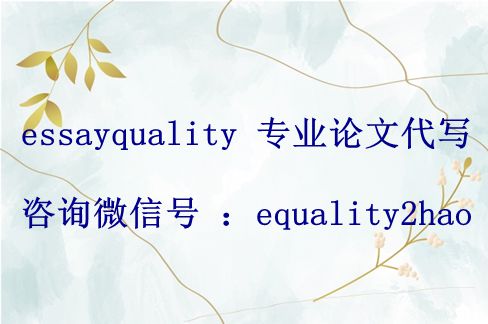铭信代写,500+母语写手,100%准时交付,100%原创,免费turnitin。14天之内免费修改,B-以下全额退款。提供美国代考、代写、英国代写、网课代上、留学生代写、留学生网课作业代写等...
HENCE:
Part 12 Anti-Terrorism, Crime and Security Act 2001: extends the above to jurisdictions with no connection to UK and to persons with no connection to UK.
Implementation of UK’s OECD obligations
The 1906 Act uses the term principal and agent. Though agent is defined widely as including "any person employed by or acting for another" it is debatable as to whether it extends to trustees, particularly of a private trust. The 1889 Act is restricted to public bodies and therefore acts, for example, of members of a local authority, who might be bribed to vote in a particular way at a caucus meeting, which had an effect on public policy, are probably not covered by existing statute law, though the common law offence of bribery may apply.
The term "corruption" does not only apply to bribery. As has been stated the 1906 Act applies to offences involving false documentation. There may also be situations where persons use their position to obtain an unfair advantage for themselves or another, which may fall within the common law offence of Misuse of Public Office. For example; if an officer of a committee of a local authority influenced or encouraged a member to vote in a particular way, the acts would be corrupt but bribery would not necessarily be involved.
It is for discussion as to whether existing statute or common law adequately covers these activities. fairly
The offences created by the 1889 and 1906 Acts cover broadly similar ground, but there are differences in the detail of the offences. The 1889 Act is clearly concerned only with public sector corruption. This is reflected in the penalties available under the Act which extend to loss of voting rights and eligibility to hold public office. However, the 1906 Act, though it appears to be aimed principally at private sector corruption, in that the offences are described in terms of agents and principals, also, by virtue of section 1(3) applies to servants of the Crown, or to officials in any public body. However members of public bodies (as apposed to officials) appear to be excluded from the ambit of the 1906 Act.
There are two further points of difference between the two Acts which are noteworthy. The 1906 Act extends to cases involving false documentation; there is no equivalent provision in the 1889 Act. Also the 1906 Act refers to attempts to obtain gifts etc, whereas the 1889 Act refers to soliciting of such gifts. This may be significant in that the solicitation of a gift may not necessarily be regarded by a jury as anything more than merely preparatory (and therefore not an attempt under the provisions of the Criminal Attempts Act 1981) to the obtaining of such a gift. It would be a question of fact in every case.
In order to overcome these difficulties it might be thought appropriate that there should be one offence of corruption which applies to the public and private sector alike and that the offence should be defined in such a way as to include all the conduct currently covered by both existing Acts.
It is certainly arguable that the boundary between the public and private sectors is less rigid today than it used to be. Many public sector functions are now carried out by private contractors or have been privatised completely. There are also numerous instances of public bodies wholly owning companies which trade as commercial entities - such as direct labour organisations.
In the light of the above the Government believes that there may be some justification in the suggestion that has been made for having a single offence of corruption. The additional penalties available under the 1889 Act could, if there is general support for their retention in any amended legislation, be applied at the discretion of the court where the court believes that it is in the public interest for the offender to be subject to those measures.
Much of the concern expressed about the existing statutes relates to the archaic language and formulations, which remain extant, and in particular, to the definition of the offence of corruption as acting "corruptly".
The courts have taken a robust attitude to suggestions that it is difficult to interpret the term "corruptly". In R v Wellburn and others (1979) 69 Cr App R 254 CA, the Court of Appeal approved the direction of the Recorder of London that: "Corruptly is a simple English adverb and I am not going to explain it to you except to say that it does not mean dishonestly. It is a different word. It means purposefully doing an act which the law forbids as tending to corrupt."





